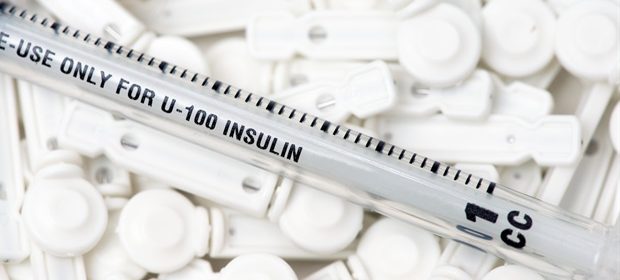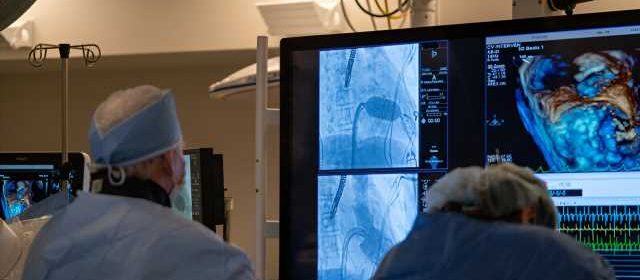Bayer Digital Health UKI introduces new technology to help type 2 diabetes patients manage kidney health

Reviewed Bayer Digital Healthcare UKI has today announced the launch of its first digital patient support package, My Kidney Assistant, designed to provide type 2 diabetes (T2D) patients with the information and resources to help monitor and improve their kidney health. The package will be rolled out to a cohort of T2D patients in England, including patients who have already […]
Continue reading »







